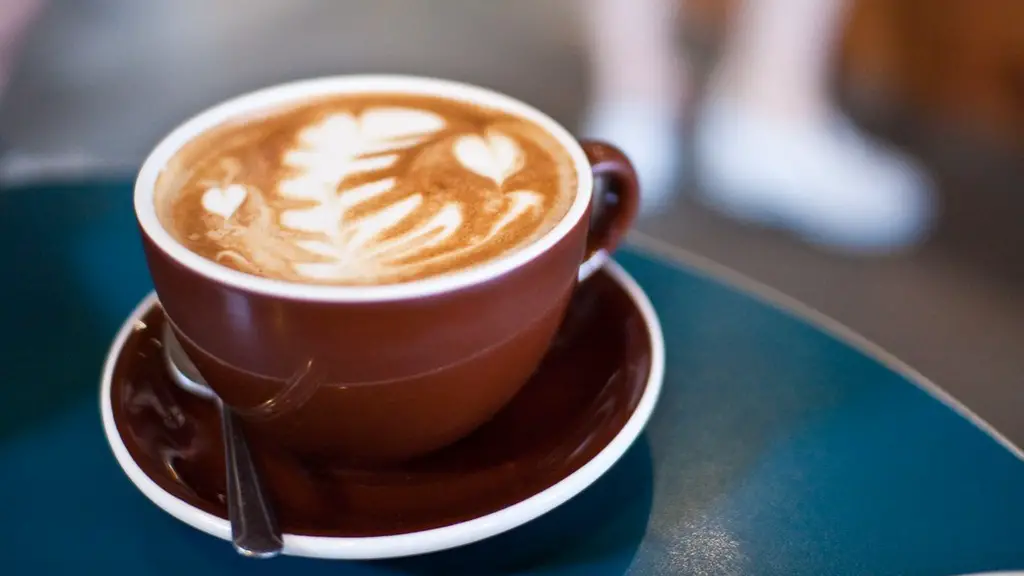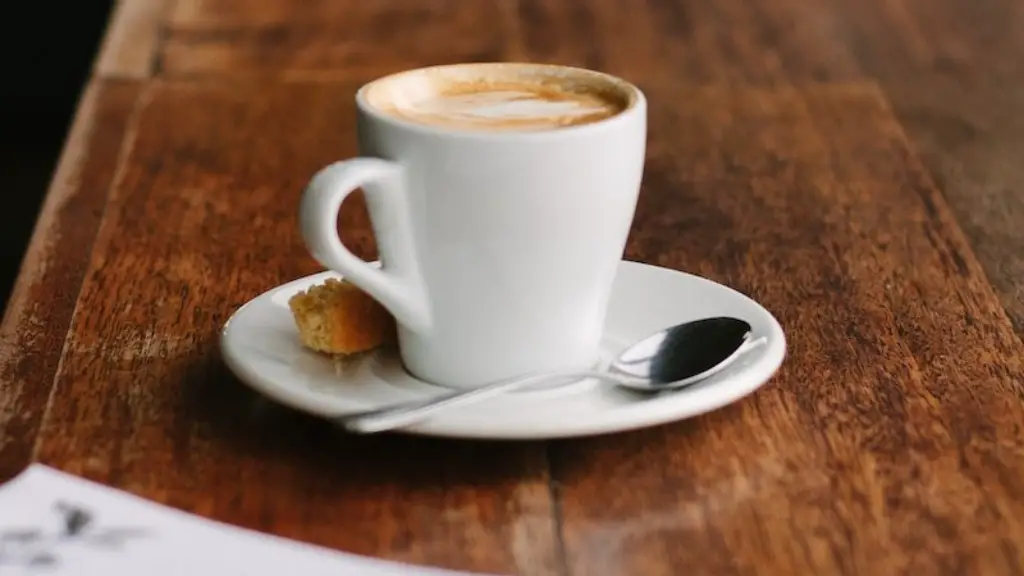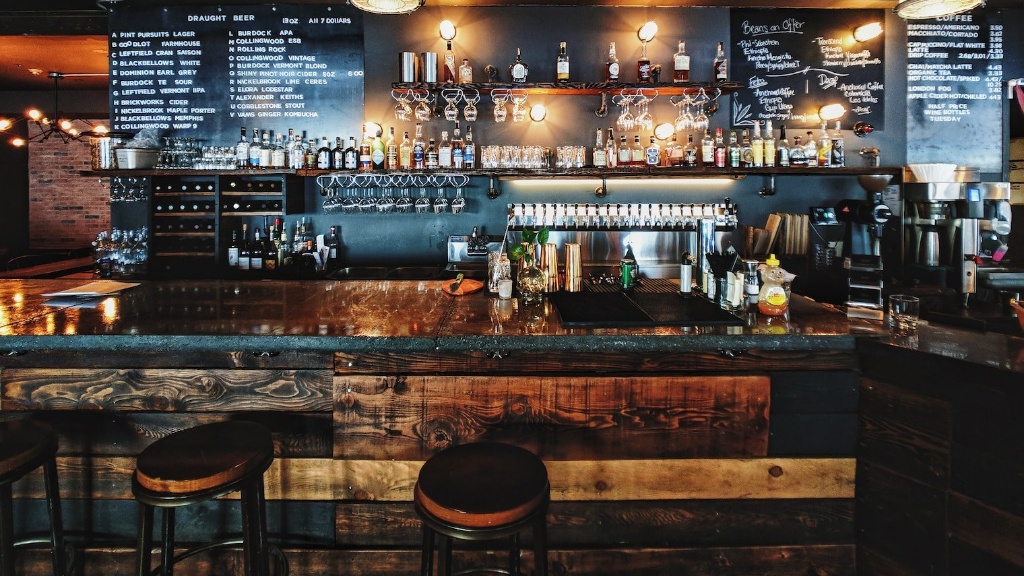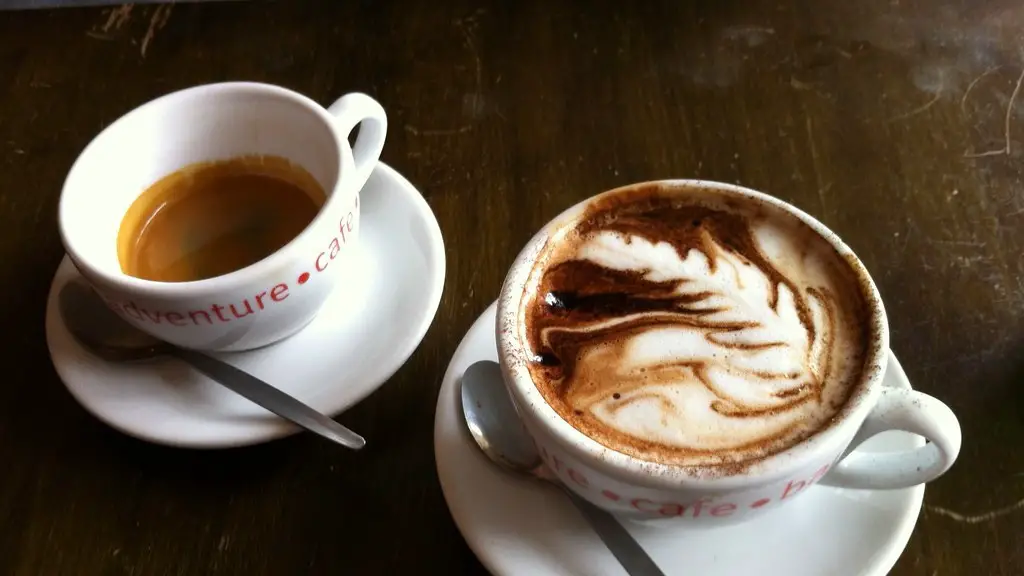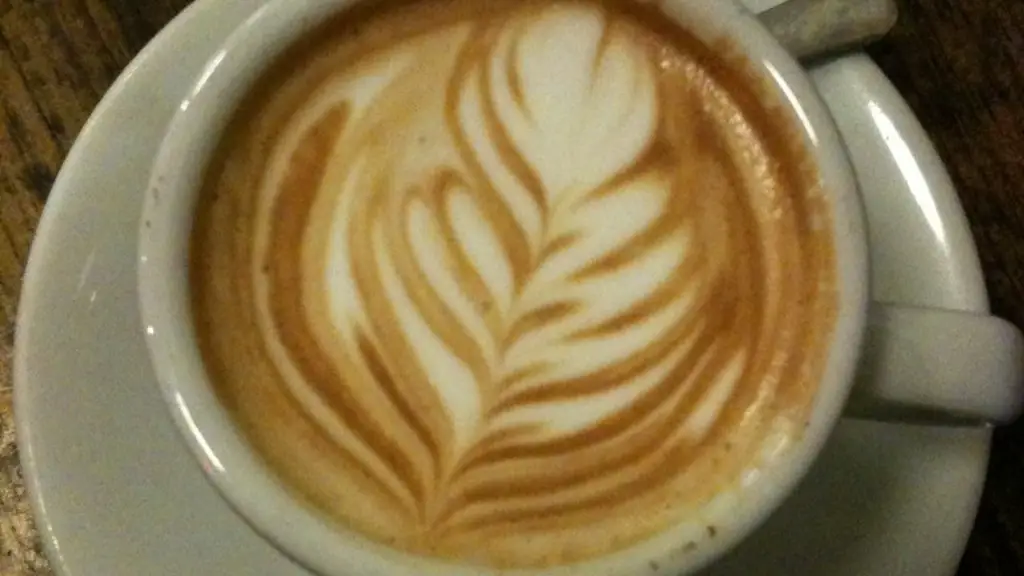Coffee is arguably the most popular way for humans to get an energy boost. It has sustained workers throughout the centuries, providing them with much-need focus and clarity. Yet, despite its energizing properties, you may still find yourself feeling sleepy after drinking coffee. What could be the cause of this perplexing phenomenon?
The main cause of this reaction could be attributed to caffeine tolerance. The intensity of caffeine is usually lost over time in chronic users, meaning that you may need an increased dose to get the same effect that you had with a small dose initially. Another side effect of high tolerance is that caffeine may not be able to keep you awake and alert for as long as it used to. On top of that, caffeine withdrawal can also cause you to feel more fatigued.
Genetics can also influence how a person responds to the energizing effects of caffeine. Studies have found that people who have a certain variation of a gene known as CYP1A2 metabolize caffeine more quickly than those who don’t. People who have this gene tend to become more dependent on caffeine and feel its effects for a shorter amount of time than those who don’t.
In addition, other factors such as diet, age, and stress level are worth taking into consideration. Eating a balanced diet and getting enough sleep are essential for energy levels, as well as for managing stress. As you age, your body’s ability to process caffeine slowly decreases, so you may need less of it to get the same kick. Stress can also affect how much caffeine you can tolerate. People who are more prone to anxiety and stress might find that even small doses of caffeine make them too jittery, leading to fatigue.
Finally, if you’re drinking coffee to counteract fatigue or sleepiness, it may be telling you something. Most adults need 7 to 9 hours of sleep per night so if you’re feeling tired, it is possible that you’re not getting enough sleep. So if coffee is not working to keep you awake and alert, it may be a sign that it is time to go to bed!
Mild Caffeine Intoxication
Some people may experience mild caffeine intoxication after drinking coffee, which can present itself in various forms. Symptoms can include restlessness, trembling, agitation, dizziness, headaches and difficulty concentrating. Mild caffeine intoxication usually occurs when large doses of caffeine are consumed in a single sitting or when someone is sensitive to caffeine.
In such cases, it is best to reduce the amount of caffeine intake, either by switching to a weaker version of coffee or taking occasional breaks from drinking coffee. The best approach for most people is to find a balanced caffeine intake where the negative effects are minimal and the positive effects, such as increased alertness, are maximized.
Coffee and Dehydration
Dehydration can also be a factor in feeling exhausted after drinking coffee. Coffee as a diuretic can result in dehydration because it causes the body to produce more urine and thus, more fluids are lost. As a result, you may feel more fatigued and experience other symptoms of dehydration such as headaches, dizziness and dry mouth.
To counter this, it’s important to drink plenty of water throughout the day, and especially when consuming coffee. In doing so, you’ll ensure your body is replenished with the necessary fluids and maintain a balanced hydration level.
Coffee and Energy Crash
It is also possible that you experience an energy crash after drinking coffee, which is felt as fatigue, mental fog and overwhelming tiredness. This can occur as a result of a spike in blood sugar levels. The sudden sugar rush makes your body produce more of a hormone called ACTH, which can cause feelings of lethargy and fatigue.
One way to fight this energy crash is to pair your cup of coffee with healthy snacks such as bananas, nuts and seeds, or whole grain toast. Eating a balanced meal that includes protein and healthy fats can help to maintain energy levels for longer.
Excessive Caffeine Intake
Drinking too much caffeine can also have a negative impact on your energy levels and make you feel more tired. Caffeine is a stimulant and can overstimulate the body and cause insomnia, irritability, and other negative symptoms. Excessive caffeine consumption is linked to an increased risk of depression, anxiety, and other mood disorders.
To help prevent these negative consequences, it’s important to limit the amount of caffeine you consume. Try to stick to a sensible amount that works best for you, such as one to two 8 oz. cups of coffee per day. Too much caffeine can lead to restlessness, headaches, and other problems, so it’s important to be mindful of your caffeine intake.
Healthy Alternatives
Although coffee is an excellent source of energy, it is not the only one. There are many healthy alternatives that provide an energy boost. For example, aerobic exercise can help increase energy levels, as can getting enough sleep and eating a nutritious balanced diet.
Other natural energy-boosting options include drinking green tea, getting more exposure to natural light, and taking short walks throughout the day. Taking short breaks from work every hour or so can also help keep energy levels up throughout the day.
Conclusion
Feeling tired after drinking coffee is a common phenomenon and its cause can usually be attributed to one or more of the following: caffeine tolerance, genetics, diet, age and stress. Moreover, mild caffeine intoxication, dehydration and energy crash are also potential reasons for feeling exhausted. The key is to find a balanced caffeine intake that works best for you and to keep your stress, diet and sleep in check. Finally, there are many healthy alternatives to coffee if you want to increase your energy levels without relying on caffeine.
